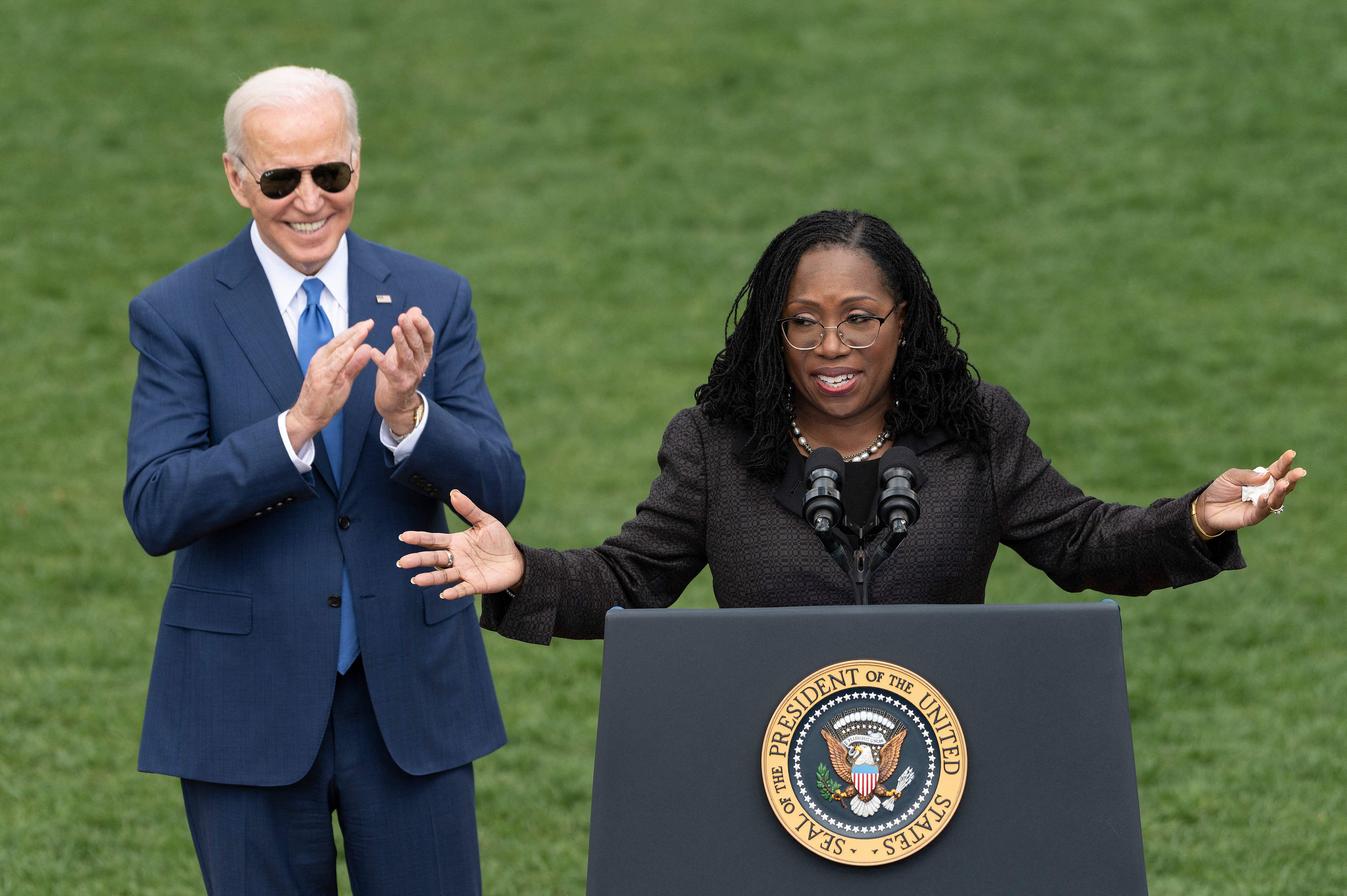In a series of archived posts from a now-deleted Reddit account, Luigi Mangione, the 26-year-old suspect in the killing of UnitedHealthcare CEO Brian Thompson, wrote extensively about a chronic back condition that he said caused him immense pain.
The New York Police Department is now looking into whether a denied insurance claim related to that injury played a role in the shooting, Chief of Detectives Joseph Kenny told Fox News on Tuesday.
“He was posting an X ray on his social media showing numerous screws being inserted into his spine. Some of the writings that he had, he was discussing the difficulty of sustaining that injury,” Kenny said. ”So we’re looking into whether or not the insurance industry either denied a claim from him, or didn’t help him out to the fullest extent.”
Health insurers refusing to pay for cancer care, a surgical procedure or other life-saving treatment is a common frustration for many people in the U.S., and a potentially devastating problem for some, experts say.
Get top local stories in Philly delivered to you every morning. >Sign up for NBC Philadelphia's News Headlines newsletter.
Roughly 6 in 10 insured adults experience problems when they use their insurance, including insurers refusing to pay for care, according to a 2023 survey published by KFF, a nonprofit group that researches health policy issues.
Refusals to pay for care are more common for people with employer-based health insurance or private insurance compared to people with public insurance, such as Medicare and Medicaid. About 1 in 5 insured adults who use emergency services had a denied claim.
U.S. & World
Stories that affect your life across the U.S. and around the world.
It’s impossible to know the full scope of the problem, Dr. Adam Gaffney, a critical care physician at the Cambridge Health Alliance in Massachusetts, said.
In the U.S., he said, private insurers are generally not required to publicly disclose data on denied claims, although the Affordable Care Act, also known as Obamacare, has some transparency rules. Another KFF report published last year found nearly 17% of in-network claims were denied in 2021 among people with Obamacare coverage.
People and their doctors are often left to navigate numerous insurance plans — each has their own requirements and their own list of what’s covered — to determine whether they’ll be able to get the care they need, Gaffney said.
“There’s a huge lack of clarity for patients and for doctors about what’s covered, what medicine can be started and what care will be approved and what will be blocked,” Gaffney said. “And there’s also a huge amount of administration burden that falls on medical practices to show that care is needed to get approved.”
”You can see how that kind of creates a degree of anarchy,” he added.
Almost 3 of 5 adults who experience a coverage denial said their care was delayed as a result, according to a report from the CommonWealth Fund.
When patients get denied, Gaffney said, they may not think to appeal, leaving them with medical debt.
People don’t appeal because they may not realize it’s an option that can make a difference, or that they have the right to do it, surveys show.
It’s more common for people with lower incomes to not appeal: A study published in the Journal of Health Politics, Policy and Law in August found those who were less affluent were significantly less likely than their wealthier counterparts to appeal denials of coverage.
Arthur Caplan, the head of the medical ethics division at NYU Langone Medical Center in New York City, said denied claims is an issue many in the public have been furious with for a long time.
He noted that it’s not just adults who experience it; children, particularly those in need of expensive treatments such as gene therapy, are routinely turned down by insurance companies.
“Our health care is not seen as a right. It’s something you earn,” Caplan said. “This is a boiling cauldron that the shooting exposed.”
This story first appeared on NBCNews.com. More from NBC News:



